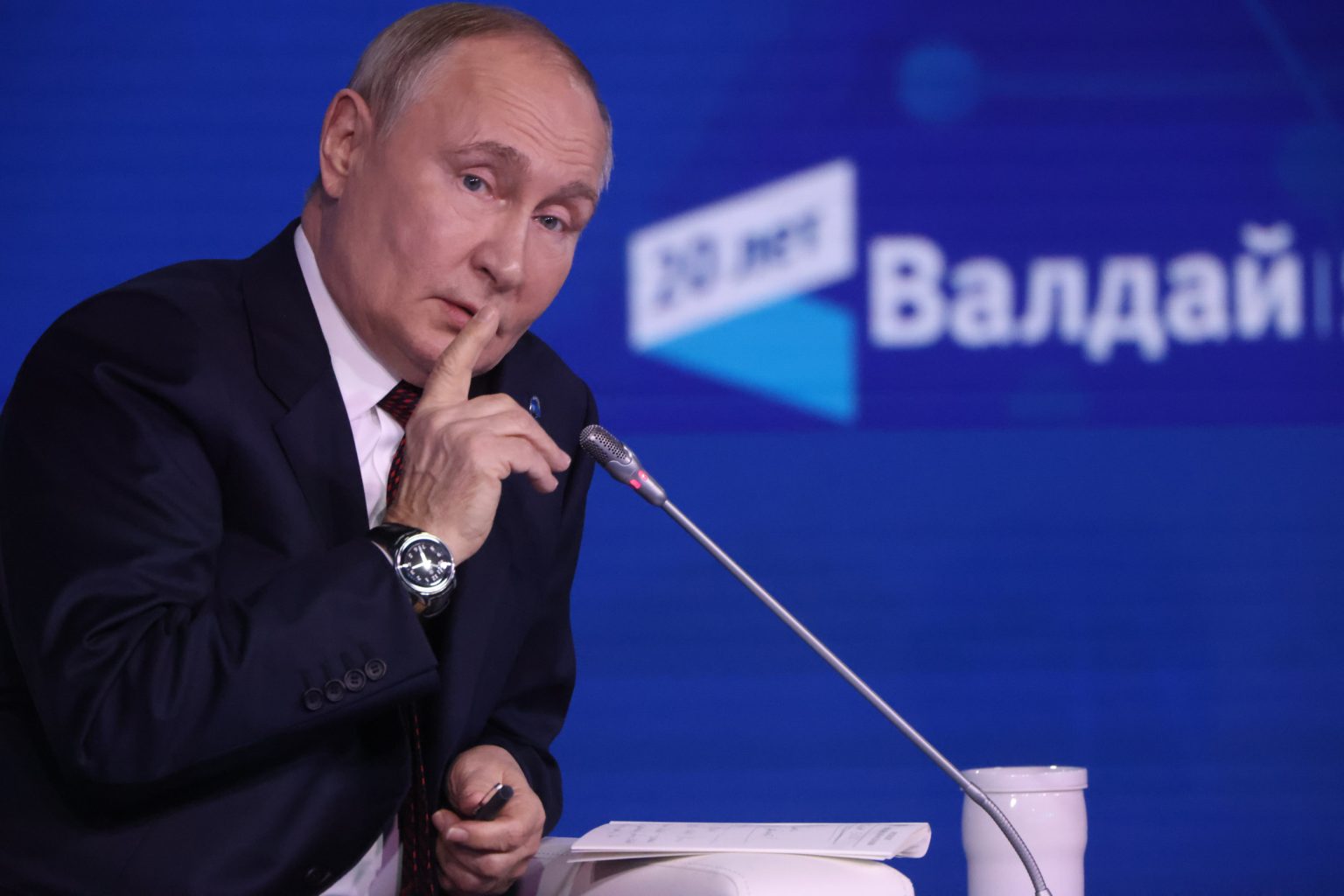Russian President Vladimir Putin recently suggested that some NATO member countries might be considering involvement with the BRICS alliance, which is a coalition of emerging economies led by Brazil, Russia, India, China, and South Africa. Putin described BRICS as a “prototype of free, non-aligned relations between nations” and mentioned that there are those within NATO who may be interested in joining BRICS in the future. Turkish President Recep Tayyip Erdoğan has also expressed interest in BRICS membership for Turkey, viewing it as an opportunity for increased economic cooperation with member states rather than a replacement for Western ties and NATO membership.
During a speech to a conference of Russian experts, Putin characterized NATO as a “blatant anachronism” that the United States uses to dominate its sphere of influence. He accused NATO of being subject to “the diktat of the older brother,” referring to the U.S. Putin also blamed “the West” for the situation in Ukraine, claiming that they pushed towards a coup d’état and forced Russia to launch a special operation. He criticized the stereotype of a “civilized West” versus the “barbarism” of other peoples, labeling it a form of racist ideology.
BRICS has recently expanded to include new members such as Saudi Arabia, Egypt, and the United Arab Emirates, joining Iran and Ethiopia as part of the alliance’s reach. Nations such as Turkey, Azerbaijan, and Malaysia have also applied to join BRICS at a time when Russia is seeking to reestablish itself as a significant player on the global stage. Putin also referenced Donald Trump’s victory in the recent U.S. presidential election, congratulating him and noting Trump’s desire to restore relations with Russia and help resolve the Ukrainian crisis, which Putin believes deserves attention.
Putin’s remarks on the potential involvement of NATO member countries in BRICS reflect a shifting landscape in international relations, with some leaders considering alternative alliances outside of traditional Western frameworks. The interest in BRICS membership from Turkey and potentially other NATO members suggests a desire for increased economic cooperation and a diversification of geopolitical relationships. Putin’s criticism of NATO as an anachronistic institution dominated by the U.S. and his accusations against the West regarding the situation in Ukraine highlight ongoing tensions in the global political landscape.
As Russia aims to strengthen its position on the world stage, BRICS presents an opportunity for collaboration with emerging economies and a counterbalance to Western dominance. The addition of new members to BRICS and the interest from other nations in joining the bloc signal a potential shift in geopolitical alliances and power dynamics. It remains to be seen how the relationship between BRICS, NATO, and other international organizations will evolve in the future, as countries navigate complex geopolitical challenges and seek to expand their influence on the global stage.








